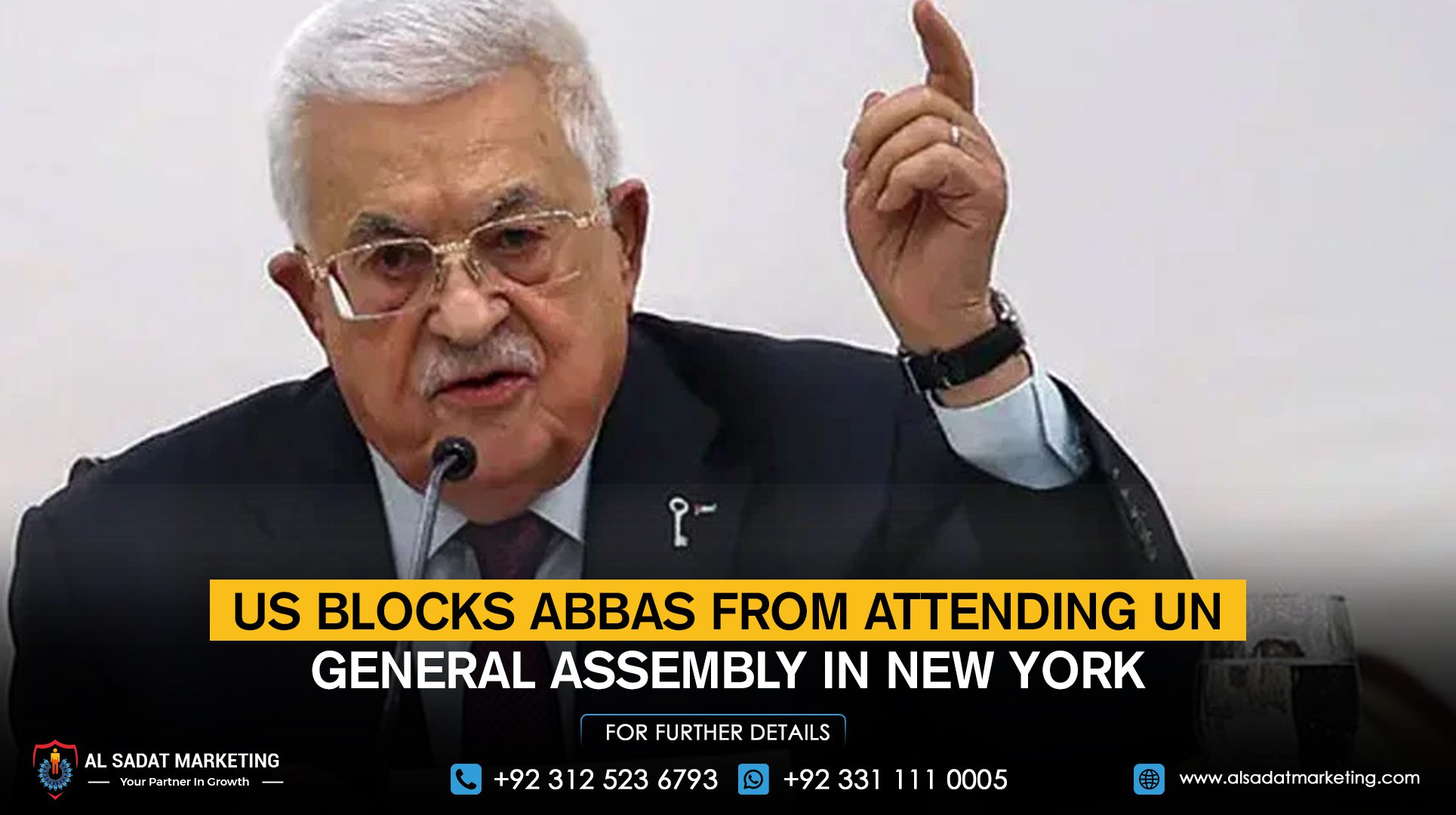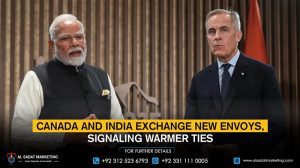The United States has barred Palestinian President Mahmoud Abbas from attending the upcoming UN General Assembly, revoking his visa along with those of nearly 80 Palestinian officials.
The decision, confirmed by the State Department, has drawn sharp criticism from the Palestinian Authority, which called it a violation of international law and the UN Headquarters Agreement, requiring the US to grant access to all representatives regardless of political ties.
Secretary of State Marco Rubio defended the move, accusing Palestinian leaders of undermining peace negotiations and pushing for “unilateral recognition of a conjectural Palestinian state.”
France Pushes Recognition Amid Gaza War
The ban coincides with a diplomatic campaign led by France — backed by the UK, Canada, and Australia — to advance recognition of Palestine at the UN. The Trump administration has opposed the initiative, while Israel welcomed Washington’s decision. Prime Minister Benjamin Netanyahu reiterated his rejection of a two-state solution, calling recognition “a reward for Hamas’s terrorism.”
UN Response and Palestinian Reaction
UN spokesman Stephane Dujarric confirmed talks with US officials to resolve the issue, emphasizing the need for all members and observers to be represented. Palestinian Ambassador Riyad Mansour said Abbas had been slated to head the delegation, describing the US move as a deliberate attempt to silence Palestine at a critical moment.
Context and Implications
Palestine, which holds observer status at the UN and is recognized by 147 member states, has seen its leadership sidelined as the Gaza war continues. More than 63,000 Palestinians have been killed since Israel’s offensive began in response to Hamas’s October 7 attack that left 1,200 dead in Israel.
While Palestinian diplomats already stationed in New York remain able to attend sessions, the exclusion of Abbas and senior leaders could weaken Palestinian participation in high-level talks — including a planned France-Saudi Arabia meeting on the two-state solution.










